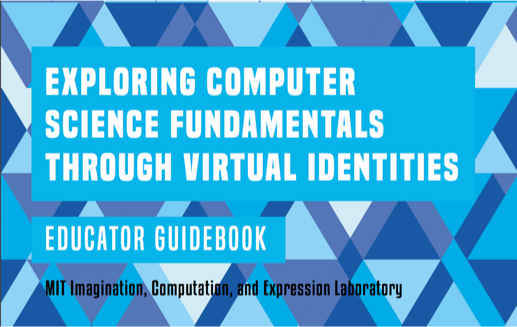Exploring Computer Science (ECS) Alignment
The learning activities presented in this guidebook include an introduction to computing topics aimed at sparking students’ interest and engagement, fostering a student-centric approach in which they are seen as rich holders of prior knowledge which are assets and opportunities for connection to computing. The curriculum allows students to explore their ideas while learning about human-computer interaction, web design, privacy, coding, debugging, and more using an inquiry-based, constructionist approach to teaching and learning.
From one of the creators of the Exploring Computer Science...
“Overall, these workshops were both conceptually rich with culturally responsive computing
content while adopting an inquiry-based, constructionist approach to teaching and learning.
The sociocultural approach to building and developing learners’ identity as doers of computer
science effectively captured the participants’ attention and interest.”
Joanna Goode
Associate Professor, University of Oregon
This guidebook was developed with and endorsed by a team of experienced learning science and curriculum development professionals as well as several Boston-area Advanced Placement (AP) Computer Science teachers. The content in this guidebook is aligned with the first five units of the nationally-recognized Exploring Computer Science (ECS) curriculum, which is an introductory high school course designed to engage students in both computer science content as well as computational thinking and practice. Although the ECS assessments released by the Principled Assessment of Computational Thinking (PACT) team at SRI Education were not administered to students as part of the educational research process, the ECS content and assessment model served as foundational resources during the development of this curriculum and assessment framework.

